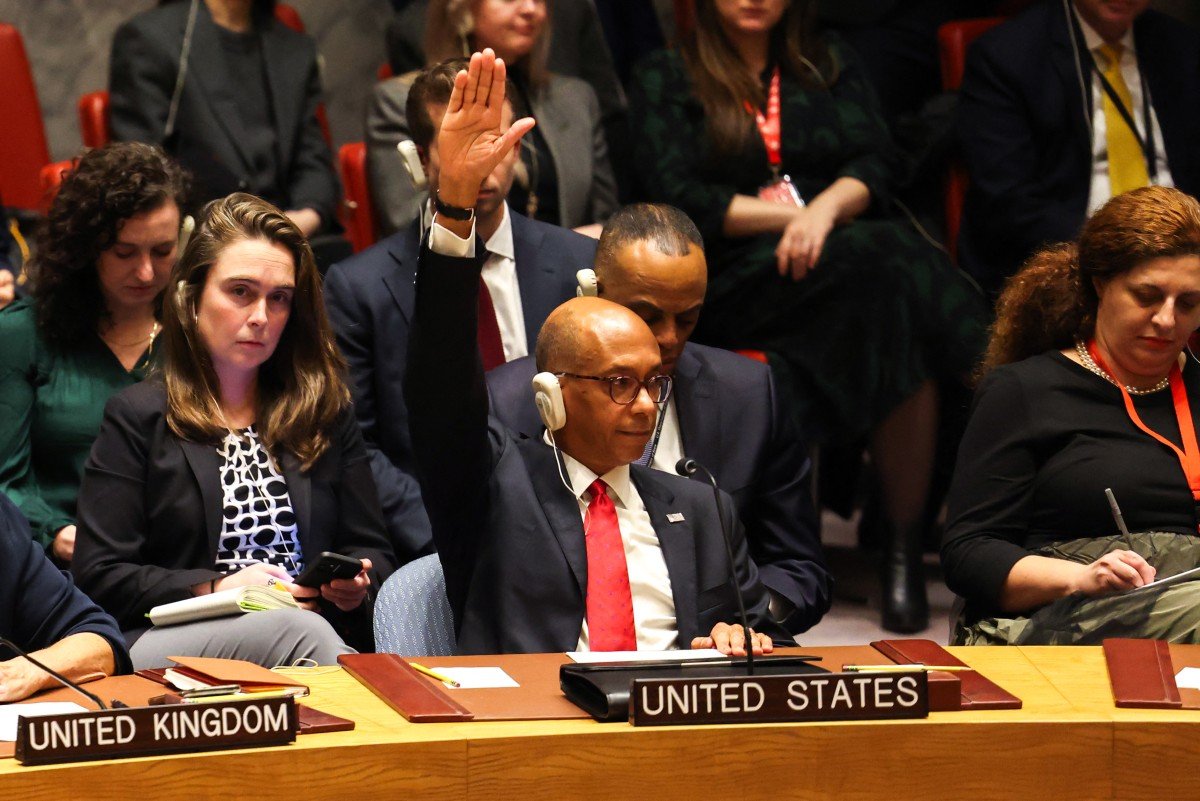In a recent turn of events at the United Nations, the United States faced significant criticism for its decision. US Criticized Gaza for vetoing resolutions calling for a ceasefire in Gaza.
This move has sparked a global debate on the role of veto power in international diplomacy . The implications for peace and security in conflict zones. This blog post delves into the details of the criticism, the reasons behind the US veto. The broader implications for international relations and the ongoing conflict in Gaza.
The Veto Controversy
Background of the Resolutions
The resolutions in question has aimed at establishing a ceasefire in Gaza, amidst escalating violence and humanitarian concerns. Proposed by various member states, these resolutions sought to halt hostilities and facilitate humanitarian aid to the affected populations.
US Decision to Veto The United States, exercising its veto power . One of the five permanent members of the UN Security Council. BLocked the adoption of the ceasefire resolutions. The US justified its decision by stating concerns over the resolutions’ wording. The need for a more comprehensive approach to address the underlying issues of the conflict.
Global Reaction and Criticism
International Disappointment
The US veto has met with disappointment and criticism from the international community. Including both UN member states and global humanitarian organizations. Critics argued that the veto hindered efforts to alleviate the humanitarian crisis in Gaza and delayed the potential for peace.
Debate Over Veto Power. This incident has reignited the debate over the veto power held by the permanent members of the UN Security Council. The veto power could be used to prioritize national interests over global peace and security. Calling for reforms to make the Council’s decision-making process more democratic and representative.
Implications for US Foreign Policy
Impact on US Image . The decision to veto the Gaza ceasefire resolutions. It has implications for the image of the United States on the global stage. It raises questions about the US’s commitment to multilateralism and its role as a mediator in international conflicts.
Reevaluation of Diplomatic Strategies. The criticism at the UN may prompt a reevaluation of US diplomatic strategies. Particularly in how it navigates complex international issues and its approach to conflict resolution. Balancing national interests with global peace and security will remain a key challenge.
The Path Forward
Calls for Diplomatic Engagement In the wake of the veto controversy. There are increasing calls for diplomatic engagement and dialogue to address the root causes of the Gaza conflict. The international community emphasizes the need for a sustainable. Just solution that ensures the safety and rights of all parties involved.
Potential for International Cooperation Despite the setback, there is potential for renewed international cooperation to address the situation in Gaza. Collaborative efforts, including diplomatic initiatives and humanitarian aid, are essential to move towards peace and stability in the region.
The US’s decision to veto UN resolutions calling for a ceasefire in Gaza. It has sparked significant criticism and debate on the international stage. This incident highlights the complexities of international diplomacy. The challenges of conflict resolution, and the need for reform in the UN Security Council’s decision-making processes. Moving forward, a commitment to dialogue, diplomacy. International cooperation will be crucial in addressing the humanitarian crisis in Gaza and working towards lasting peace.
Read More Here . Inspired by Al Jazeera News. Also read These Articles
